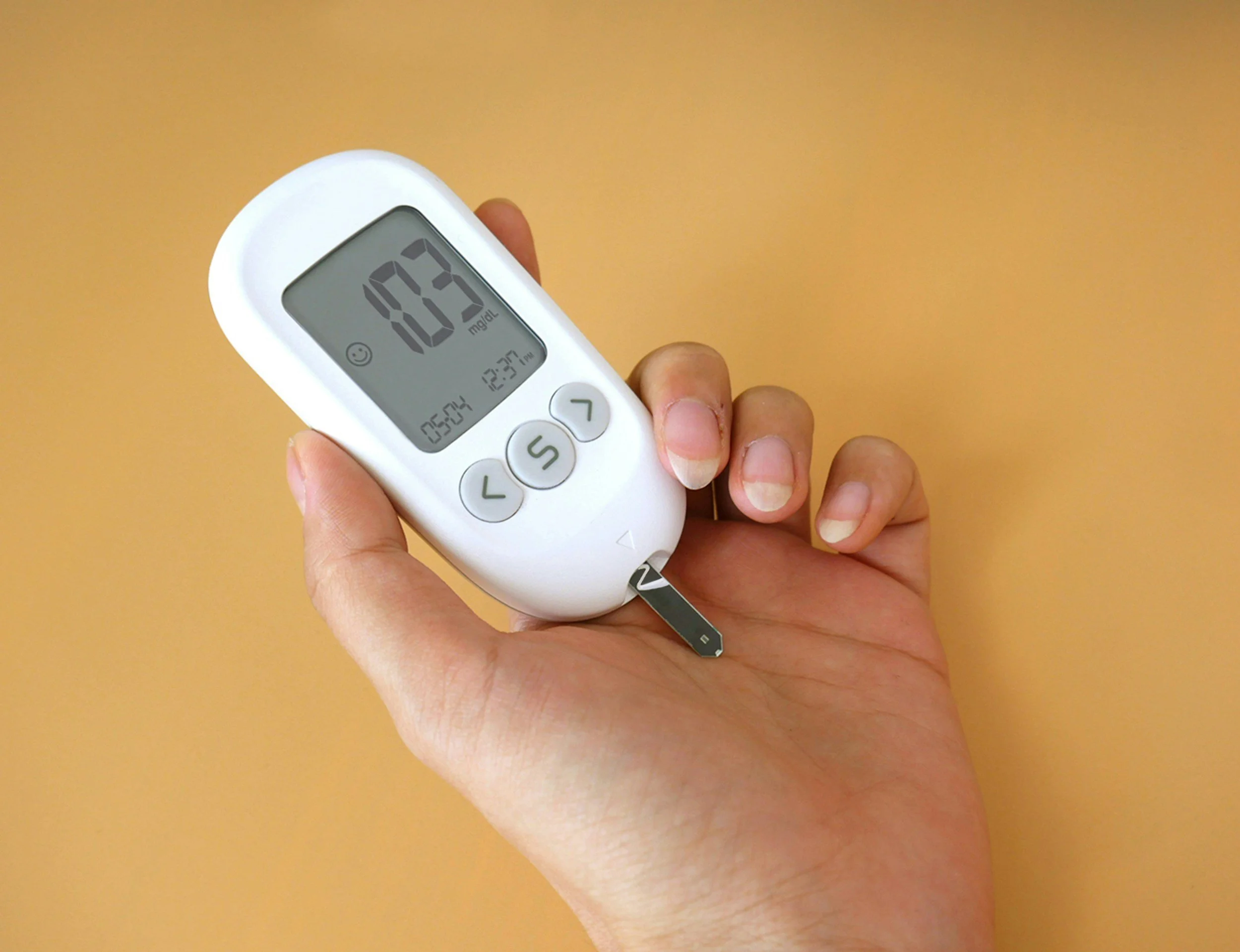The Balancing Act: Taming the Highs and Lows of Blood Sugar
Whether you’re living with diabetes, prediabetes, or simply aiming to improve your health, understanding your blood sugar levels is key. Blood sugar, also known as blood glucose, plays a vital role in how your body functions. It's your body’s main source of energy and comes from the food you eat—especially carbohydrates. However, when these levels get too high or too low, it can lead to a host of health issues.
What Are Blood Sugar Levels?
Blood sugar levels refer to the amount of glucose circulating in your bloodstream at any given time. Your body works hard to keep these levels within a normal range, thanks to a hormone called insulin, which helps move glucose into your cells for energy.
Here are general guidelines for normal blood sugar levels:
Fasting (no food for 8+ hours): 70–99 mg/dL
After meals (1-2 hours): Less than 140 mg/dL
Random testing: Generally under 140 mg/dL for non-diabetics
For people with diabetes, targets may vary and are best determined by a healthcare provider.
Why Blood Sugar Balance Is Important
Maintaining stable blood sugar helps you:
Maintain steady energy throughout the day
Prevent mood swings, fatigue, and irritability
Avoid long-term complications like nerve damage, vision loss, and heart disease
Support healthy weight and metabolism
Chronically high levels (hyperglycemia) can strain your organs, while low levels (hypoglycemia) can lead to confusion, dizziness, and even loss of consciousness.
What Affects Blood Sugar?
Several factors can cause your blood sugar to rise or fall:
Diet: Carbohydrates raise blood sugar the fastest, especially refined sugars and processed foods.
Physical activity: Exercise helps your cells use glucose more efficiently.
Stress: Triggers hormone changes that can increase blood sugar.
Sleep: Poor sleep can affect insulin sensitivity.
Medications and illness: Some can raise or lower blood sugar unpredictably.
Tips to Keep Blood Sugar Levels in Check
Eat balanced meals – Focus on fiber-rich carbs (like whole grains), lean protein, and healthy fats to slow down sugar absorption.
Stay active – Even a 10-minute walk after meals can help lower blood sugar.
Monitor regularly – If advised by a doctor, tracking your blood sugar helps you understand how food and lifestyle affect it.
Manage stress – Meditation, deep breathing, or gentle movement like yoga can help regulate your hormones.
Get quality sleep – Aim for 7–9 hours per night to keep insulin sensitivity strong.
Final Thoughts
Your blood sugar levels tell an important story about your health. Whether you're managing a condition or simply optimizing your well-being, being mindful of how your body responds to food, activity, and stress can go a long way. Small, consistent steps—like choosing whole foods, staying active, and getting good rest—can make a powerful impact on your blood sugar and overall vitality. Feel like you need help regulating your blood sugar levels? Book with us.



